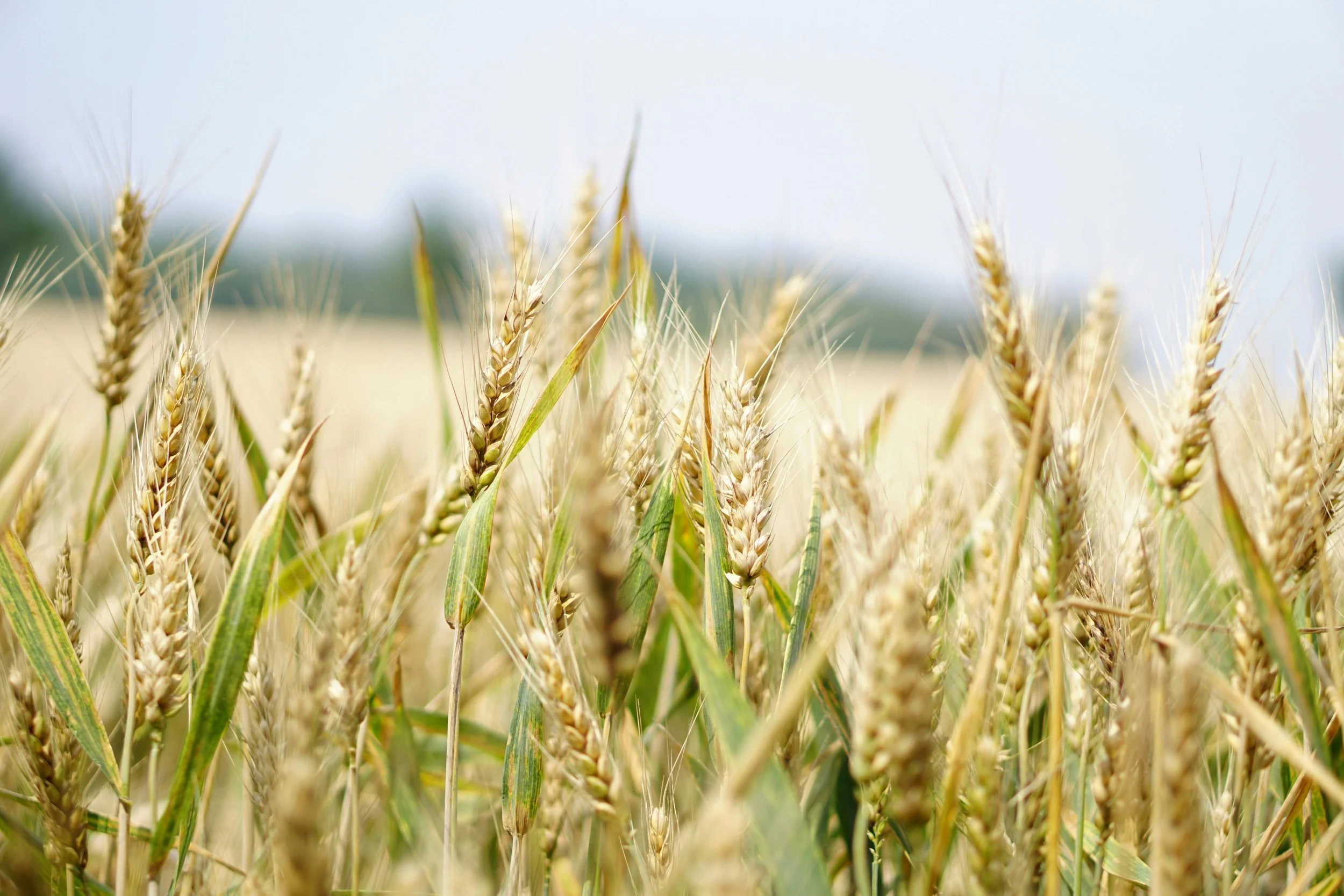Solar Energy’s Role in Sustainable Agriculture: Powering the Farms of the Future
As the global demand for food grows, agriculture must adapt to become more sustainable and energy-efficient. Enter solar energy—a clean, renewable resource that is revolutionising farming practices. From powering irrigation systems to maintaining energy-efficient greenhouses, solar energy is a key driver in creating farms of the future.
The Growing Need for Renewable Energy in Agriculture
Agriculture is a resource-intensive industry, heavily reliant on electricity and fuel. With rising energy costs and increasing environmental concerns, farmers are turning to solar power as a sustainable alternative. Solar energy not only reduces reliance on fossil fuels but also cuts operational costs, making it a win-win for the environment and agricultural productivity.
Solar-Powered Irrigation: A Lifeline for Water Management
One of the most significant applications of solar energy in agriculture is in irrigation systems. Solar-powered pumps draw water from wells, rivers, or reservoirs, providing a reliable solution for farms, especially in remote areas with limited access to electricity.
By using solar-powered irrigation, farmers can efficiently manage water resources, reducing waste and improving crop yields. This technology is particularly impactful in drought-prone regions, where access to consistent water supplies is critical for survival.
Greenhouses That Run on Sunshine
Greenhouses play a crucial role in modern agriculture, providing controlled environments for growing crops year-round. However, they require significant energy to regulate temperature, lighting, and humidity.
Solar panels installed on greenhouses or nearby farmland can power these systems sustainably. Advances in solar technology, like transparent solar panels, allow greenhouses to generate energy without compromising sunlight for plants. The result? Lower energy costs and greener farming practices.
Empowering Precision Agriculture
Precision agriculture, which uses technology to optimise farming processes, is another area benefiting from solar energy. Drones, sensors, and automated equipment often require reliable power sources. Solar panels can charge these devices in the field, enabling farmers to monitor soil health, track crop growth, and manage resources more effectively.
This approach not only boosts efficiency but also reduces the environmental footprint of farming operations.
Solar Energy for Off-Grid Farming
In rural and remote areas, access to grid electricity is often limited or non-existent. Solar energy provides a lifeline, enabling farmers to run essential equipment, such as cold storage units for perishable goods, without relying on diesel generators.
Off-grid solar systems are particularly transformative for small-scale farmers, improving productivity and reducing dependence on costly fuel.
A Sustainable Future for Agriculture
The integration of solar energy into agriculture is a vital step towards a more sustainable food system. By reducing greenhouse gas emissions, lowering energy costs, and empowering farmers to adopt modern technologies, solar power is paving the way for a greener, more efficient agricultural sector.
Solar energy is not just a power source; it’s a game-changer for agriculture. From running irrigation systems to powering greenhouses and precision farming tools, solar technology is helping farmers worldwide overcome challenges and secure a sustainable future.
As we look to the future of farming, the role of solar energy will only grow, creating a resilient and environmentally conscious agricultural industry. The farms of tomorrow are already taking shape today, powered by the limitless potential of the sun.
Get in touch today to start our journey together.
Stay committed!
Damien Frearson

